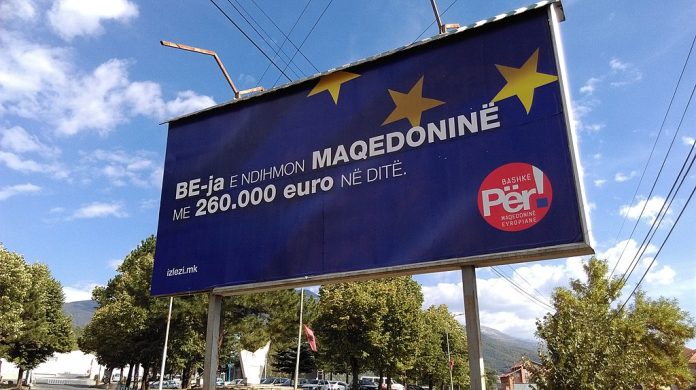The result of the referendum in the former Yugoslav Republic of Macedonia (FYROM) on September 30 is widely seen as a significant victory for Russian President Vladimir Putin. It’s another example of Russia’s ability and desire to influence democracy in western countries.
Western officials warned before the vote that Moscow was trying to depress turnout in the referendum to invalidate the outcome. And that’s what happened.
More than 90% of those who voted in the referendum backed the name change. But turnout was about 36%, short of the 50% required to make the decision binding on parliament.
As reported by The Guardian, increased instability and division suit Russia’s game plan. For instance, if the referendum had been successful, it would have resolved a dispute with Greece that has blocked FYROM’s route to EU and Nato membership.
As elsewhere in the western Balkans, notably Serbia, Kosovo and Montenegro, Moscow is determined to prevent further expansion of western influence.
So he did Russia reportedly pull this off? Disinformation campaigns and “fake news”, cyberwarfare and hacking, phoney Facebook and Twitter accounts and secret cash payments – the modern equivalent of communist-era “red gold” – are all alleged to have been used.
According to The Guardian, however, Russia denies interfering. But western diplomats claimed last month that 40 new posts a day were appearing on Facebook encouraging a referendum boycott. Postings asked “are you going to let Albanians change your name?” – a blatant attempt to stoke tensions with majority-Slav Macedonia’s ethnic Albanian minority.
In a separate report, the Reuters news agency quoted Kremlin spokesman Dmitry Peskov as saying: “We are observing closely and of course think that all the processes should remain within the framework of the law”.
In the end, FYROM’s prime minister pledged to press ahead with a vote in parliament to change the country’s name to resolve a decades-old dispute with Greece.

